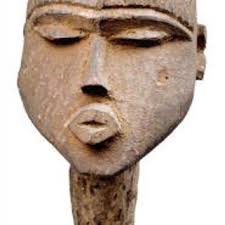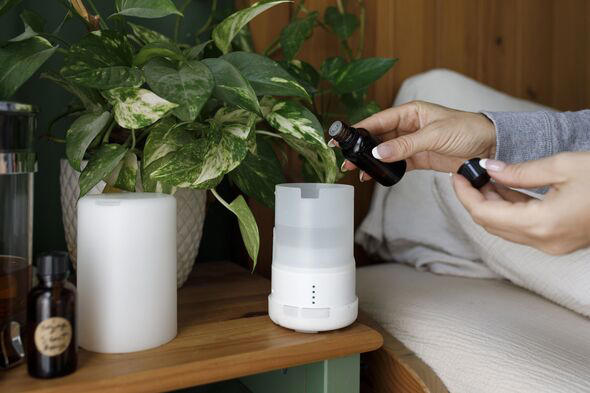










The nightly ritual that could improve memory and brain health, according to scientists
In older age, mild cognitive impairment is typical, but it becomes a risk factor for dementia.
Yet, one simple change before you go to bed may be beneficial, according to research carried out by the UCI (University of California, Irvine) Center for the Neurobiology of Learning and Memory.Link
As part of the study, 43 older adults between the ages of 60 to 85 were enrolled and randomly placed into one of two groups:
- The olfactory enriched group
- Control group.
Individuals in the olfactory enriched group used an essential oil diffuser by their bedside for two hours, each night, over six months; the control group did not.
The olfactory group were exposed to seven different scents throughout the experiment, such as:
- Rose - Lemon - Orange - Lavender - Eucalyptus - Peppermint - Rosemary.
Neuropsychological assessments and fMRI scans were administered at the beginning of the study and after six months - and the results were astonishing.
Older adults exposed to nightly scents showed a 226 percent greater improvement in a word recall memory test compared to the control group.
Brain imaging also revealed improved integrity in the memory-related brain pathway that typically declines with age.
Senior author of the scent study, Michael Yassa, said: "The olfactory sense has the special privilege of being directly connected to the brain's memory circuits."
The study concluded: "Olfactory enrichment may provide an effective and low-effort pathway to improved brain health."
Mild cognitive impairment
The National Institute on Ageing says mild cognitive impairment (MCI) describes memory or thinking problems that are not severe enough to be diagnosed as dementia.
Signs of MCI include:
- Losing things often - Forgetting to go to events or appointments - Having more trouble coming up with words than other people of the same age.
People diagnosed with MCI are recommended to see a doctor or specialist every six to 12 months to keep an eye on the health condition.
An estimated 10 to 20 percent of people aged 65 or older who have MCI develop dementia over a one-year period.
There are ways, however, to minimise your risk of dementia, according to the NHS.
"There's good evidence that a healthy lifestyle can help reduce your risk of developing dementia when you're older," the health body states.
The study findings were published in the journal Frontiers in Neuroscience.



